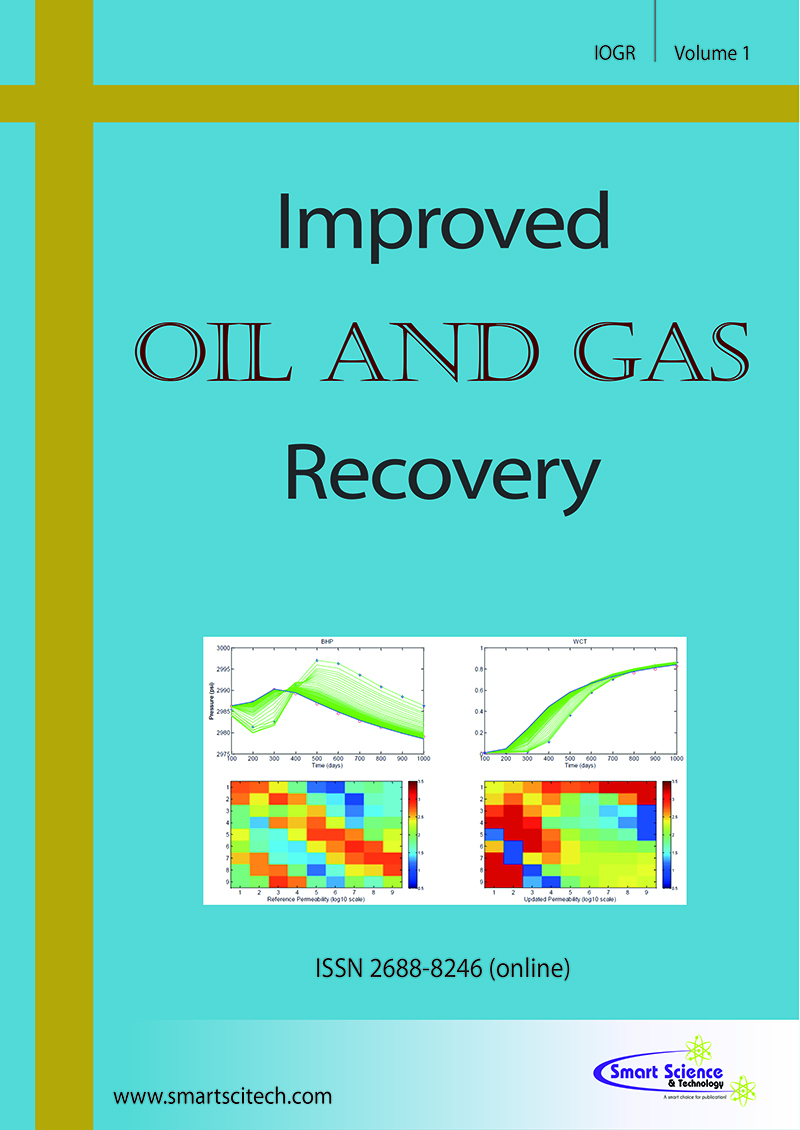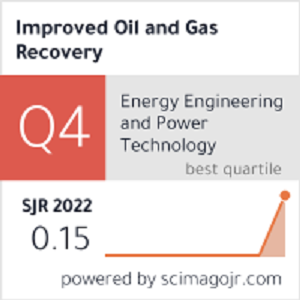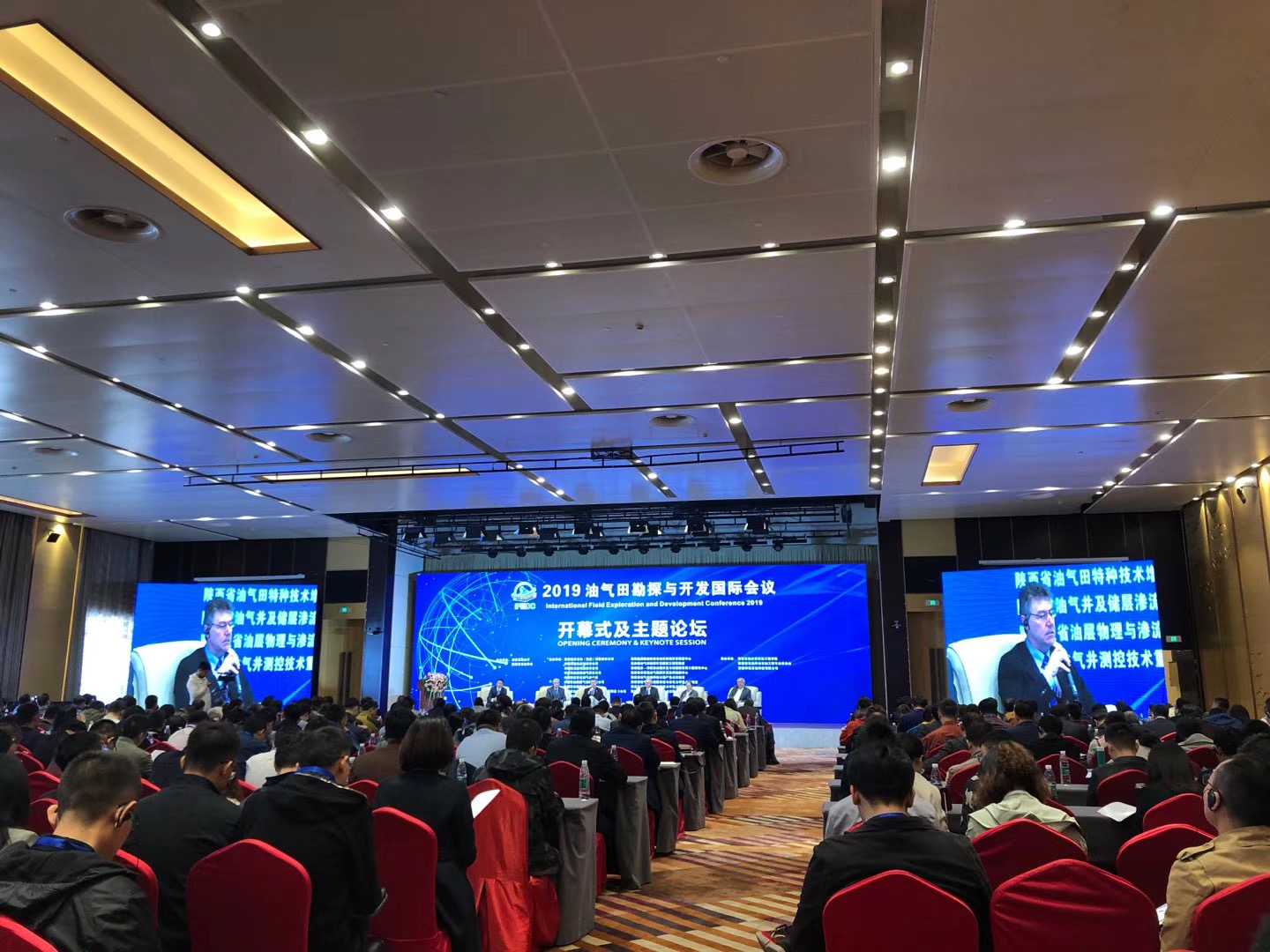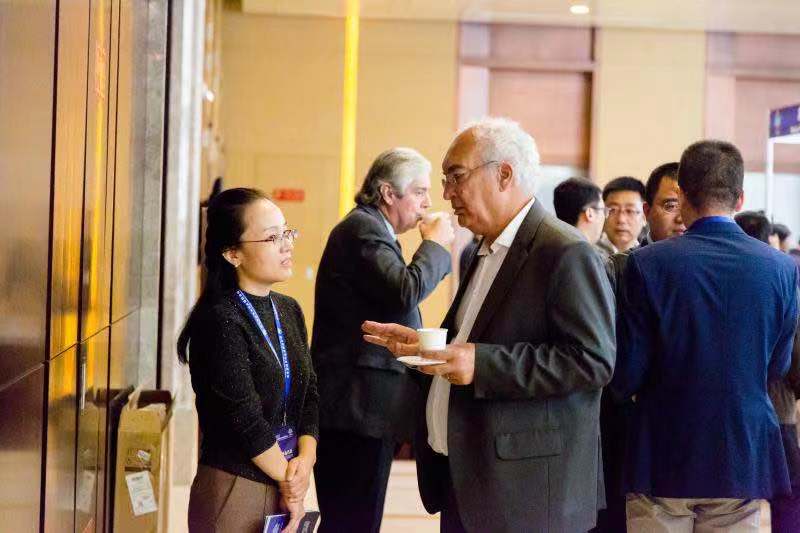Carbon Sequestration in Unmined Coalbeds of Pakistan
DOI: 10.14800/IOGR.1275
Abstract
Exponential increment in Carbon dioxide (CO2) emissions into the atmosphere has become a serious threat to global security. Many reports concluded that maintaining <2oC is mandatory to avoid severe consequences associated with the environment and global warming. Pakistan is indexed in a region of high vulnerability to climate change. Due to this, the country has faced severe reflection of the deteriorated environment in terms of drought, floods, and uncertain climatic conditions. The country’s recent development has increased emissions as many power plants are being run on coal. All this implies that significant efforts must be made to emphasize limiting emissions and environmental damage. Carbon storage technology is a way forward for continuous utilization of fossil fuels. Coalbeds ensure secure storage of CO2 for long term. Carbon storage in subsurface beds will minimize the ongoing greater impact on environment of Pakistan. Thar Coalfield offers great potential for CO2 storage due to the largest reserves in the country. This study contributes towards further steps needed for practical implementation of Carbon capture and sequestration in Thar coalfield. The analogy among different coal sites for carbon storage is drawn to project potential of Thar coalfield along with other coalfields in Pakistan. Thar coalfield properties, being lignite in rank, resemble North Dakota coalfield, whereas some properties resemble Rajasthan coals. Hence, North Dakota Coalfield and Rajasthan can be effective reference projects for practical implementation of CO2 storage in Thar coalfields. The research study has recommended further directions for study to calculate exact amount of CO2 storage. The study is concluded with the future implication of potential carbon storage in the coalfield of Thar.
Downloads
Published
How to Cite
Issue
Section
License
Copyright (c) 2024 Osama Ajaz, Saleem Qadir Tunio, Jahangeer Zafar

This work is licensed under a Creative Commons Attribution 4.0 International License.












